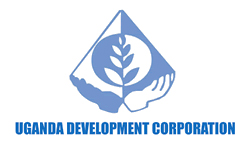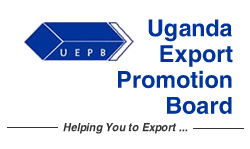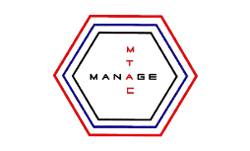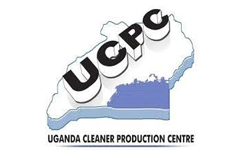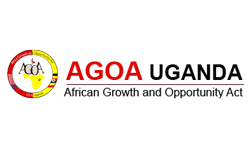Uganda Export Promotion Board
Website: http://www.ugandaexportsonline.com
Background
UEPB was created by Statute no. 2 of 1996 and mandated to coordinate all activities that would lead to export growth on sustainable basis its current form, functions and activities are fully governed and guided by this statute. UEPB is sensitive to the needs of the private sector, as a demonstration of Government’s commitment to the establishment of a free market economy, in which the private sector is the engine of growth. A Board, comprised of equal representation from both the public and the private sectors, governs the institution. The Board’s day-to-day operations are executed through four Divisions with the overall management responsibility entrusted into the Executive Director, who is an ex-officio member of the Board of Directors.
Functions of the Board
The functions of the Board can be divided into:
1. Market and Product Development
The Board continuously undertakes market research, selection and entry strategies and activities. It also undertakes resource mapping, product selection, development and adaptation to target market requirements. The results are then disseminated on a regular basis to the export community through the Board’s information systems.
2. Trade Promotion Services
The activities undertaken under this function are primarily aimed at creating awareness about Uganda’s exports and export trade potential, as well as matching Ugandan and overseas business enterprises, through trade fairs, exhibitions, trade missions etc.
3. Policy Advocacy
The Board monitors and analyses export policy development, and advises on possible intervention areas. The organizational staff restructuring undertaken in 2003 recommended that this function be given significant attention because of the changing dynamics of international trade systems that call for continuous monitoring.
4. Human Resource Development
This entails continuous training of exporters to enable them plan and manage export trade operations in such a manner that they are able to meet the ever-changing market standards and regulations. This role has now taken prominence in the Board’s activities because of the increasing sophistication of international trade operations. The other component of the function centres on continuous training of staff, to enable them offer efficient and professional service to clients.

